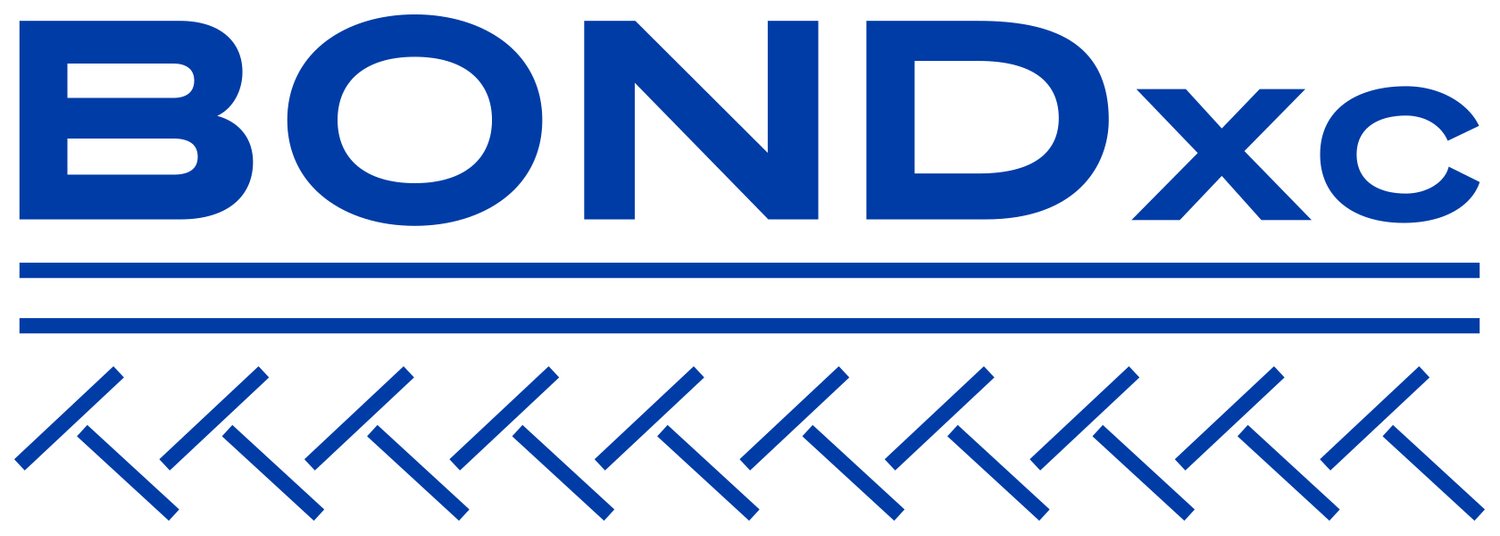MAGIC PILLS AND SPORTS SUPPLEMENTS
Nutrition is very important for all athletes. A balanced diet should provide everything we need for our exercise. Carbohydrate, protein, and fat are required for normal body function and as athletes we need to get as much of these energy sources from real food, not supplements. The choice to use supplements is very personal and research supports that many of the supplements we might take have absolutely no effect on performance. In fact, the most significant effect is on our pocket books.
After racing and training for many years, I have tried almost every product out there and outside of a placebo effect, nothing much makes a significant difference. The research is clear about hydration and the use of electrolyte drinks during long competition and training. The research also supports ingestion of a carbohydrate/protein drink after strenuous exercise in order to reload the glycogen stores within the muscles. If a person’s diet is not good, a good multivitamin might be helpful. Research does support the use of iron supplementation for women, especially when training at altitude. However, blood work is necessary to look at ferritin levels and hematocrit. A good sports medicine physician would best look at these factors and the need for supplementation.
As far as the overall food supplement market, you can try almost anything if your pocket book is deep enough. You might find something that works, but it is a business and valid human research is neither robust or supportive of strength, speed, or endurance gains. Outside of banned substances, there appears to be no legal “magic pills” that will improve performance. Fruits, vegetables, nuts, and other forms of protein and carbohydrate will best fuel your athletic performance safely. If a person’s overall diet is poor, nutritional consultation with a certified dietician is recommended.
Again, trying supplements is a personal choice. However, be aware that the supplement advertisements and claims are, more often than not, marketing half truths and distorted applications of research and anecdotal reports. I recommend saving your money, eating well, training intelligently, and resting at the right times for healthy sport performance.
Michael J. Mandli, Ph.D.

